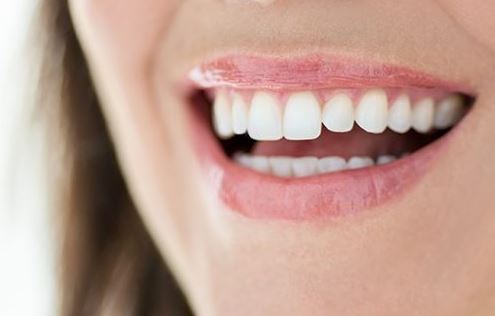What to expect during your first dentist appointment?
What to expect during your first dentist appointment?
Embarking on your first dental appointment can evoke a mix of curiosity and anxiety. Understanding the process can alleviate apprehension and ensure a comfortable experience. This comprehensive guide outlines what you can anticipate during your initial visit to the dentist.

1. Scheduling and Preparing for the Appointment
-
Appointment Confirmation: Upon scheduling, confirm the date and time, and inquire about any necessary documentation or pre-appointment guidelines.
-
Medical and Dental History: Gather relevant medical records, including previous dental work, current medications, and any existing health conditions.
-
Insurance and Payment Information: Verify your dental insurance coverage and understand the payment options available.
2. Arrival and Check-In
-
Timeliness: Arrive approximately 15 minutes early to complete any required paperwork without feeling rushed.
-
Documentation: Provide identification, insurance cards, and completed medical history forms.
-
Comfort Measures: Inform the staff of any dental anxieties or special accommodations needed to enhance your comfort.
3. Initial Consultation
-
Discussion of Concerns: The dentist will engage in a conversation about your oral health history, current concerns, and goals for treatment.
-
Comprehensive Examination: A thorough assessment of your teeth, gums, and mouth will be conducted to identify any issues.
-
Oral Cancer Screening: The dentist will examine your mouth for signs of oral cancer, including checking the tongue, throat, and other tissues.
4. Diagnostic Imaging
-
X-Rays: Depending on your oral health status, the dentist may recommend X-rays to detect issues not visible during the physical exam, such as cavities between teeth, impacted teeth, or jawbone abnormalities.
-
Safety Measures: Modern dental X-ray equipment emits minimal radiation, and protective measures, such as lead aprons, are used to ensure patient safety.
5. Professional Cleaning
-
Plaque and Tartar Removal: A dental hygienist will perform a thorough cleaning to remove plaque and tartar buildup, which are primary contributors to tooth decay and gum disease.
-
Teeth Polishing: After cleaning, your teeth will be polished to remove surface stains and enhance their appearance.
-
Fluoride Treatment: Depending on your risk of cavities, a fluoride treatment may be applied to strengthen tooth enamel.
6. Treatment Planning
-
Review of Findings: The dentist will discuss the results of the examination and any diagnostic tests, explaining any identified issues.
-
Personalized Care Plan: Based on the findings, a tailored treatment plan will be developed, addressing immediate concerns and outlining preventive measures.
-
Scheduling Follow-Up: If additional treatments are necessary, appointments will be scheduled at your convenience.
7. Patient Education
-
Oral Hygiene Instructions: Guidance on proper brushing and flossing techniques will be provided to maintain optimal oral health.
-
Dietary Advice: Recommendations may include limiting sugary foods and beverages to prevent cavities.
-
Lifestyle Counseling: Discussions may cover the impact of habits such as smoking on oral health and strategies to mitigate negative effects.
8. Addressing Dental Anxiety
-
Open Communication: Share any fears or concerns with your dentist; they can offer solutions to make the experience more comfortable.
-
Sedation Options: For patients with significant anxiety, sedation dentistry options can be discussed to facilitate relaxation during procedures.
9. Financial Considerations
-
Cost Estimates: An overview of anticipated costs for recommended treatments will be provided.
-
Insurance Coordination: Assistance with understanding insurance benefits and coverage is typically available.
-
Payment Plans: Many dental offices offer financing options to make treatments more affordable.
10. Post-Appointment Care
-
Scheduling Routine Visits: Regular dental check-ups, typically every six months, are essential for maintaining oral health.
-
At-Home Care: Adhere to the oral hygiene practices and any specific instructions provided by your dentist to prevent future issues.
Understanding what to expect during your first dental appointment can demystify the process and foster a positive experience. Open communication with your dental care team and proactive engagement in your oral health are key components to achieving and maintaining a healthy smile.



